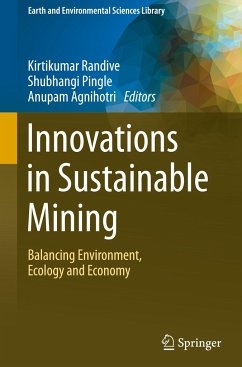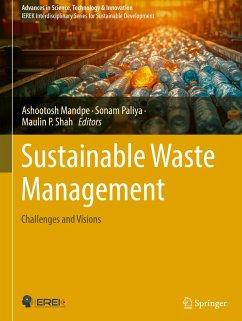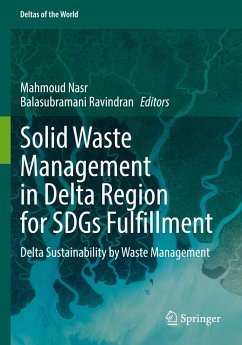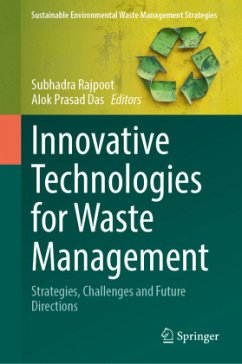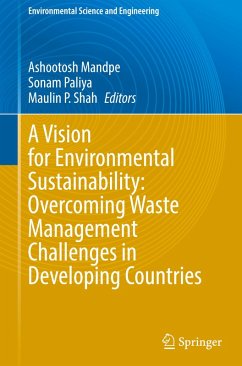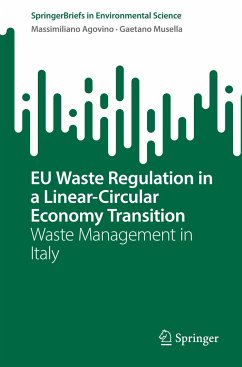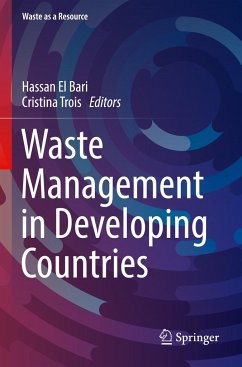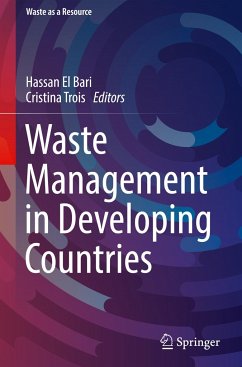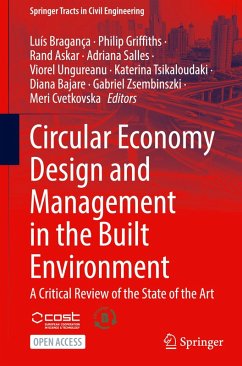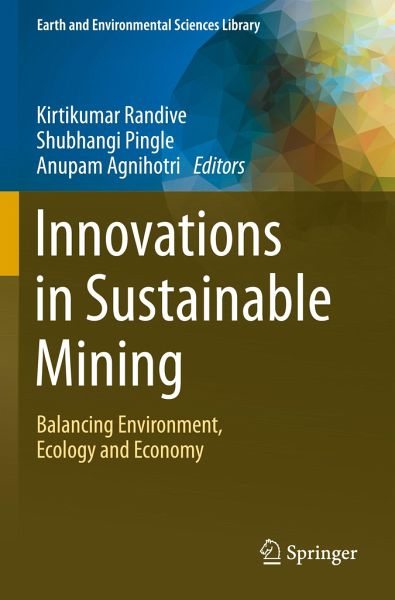
Innovations in Sustainable Mining
Balancing Environment, Ecology and Economy
Herausgegeben: Randive, Kirtikumar; Pingle, Shubhangi; Agnihotri, Anupam
Versandkostenfrei!
Versandfertig in 6-10 Tagen
68,99 €
inkl. MwSt.

PAYBACK Punkte
34 °P sammeln!
This book explores sustainable mining knowledge, assessing researchers on the impacts of waste and new approaches to negotiating these impacts. Mining has always been a profitable venture; however, it comes with several boons and banes. The significant advantages of mining include employment generation, the establishment of townships and trade centers, and socio-economic growth. However, the mining activity is a significant cause of environmental degradation, including soils, atmosphere, water, solid wastes, changed topography, and health hazards. This book emphasizes value-added products from...
This book explores sustainable mining knowledge, assessing researchers on the impacts of waste and new approaches to negotiating these impacts. Mining has always been a profitable venture; however, it comes with several boons and banes. The significant advantages of mining include employment generation, the establishment of townships and trade centers, and socio-economic growth. However, the mining activity is a significant cause of environmental degradation, including soils, atmosphere, water, solid wastes, changed topography, and health hazards. This book emphasizes value-added products from mining wastes and innovations for balancing environment, ecology, and economy.
This book is designed for miners, policymakers, professionals, researchers, scientists, industrialists, and environmental agencies.
This book is designed for miners, policymakers, professionals, researchers, scientists, industrialists, and environmental agencies.



